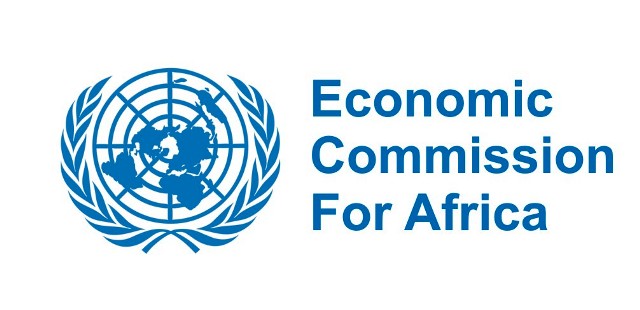Business
Centre Unveils Africa Data Revolution Report

The African Centre for Statistics, a department at the Economic Commission for Africa (ECA), says it has launched the first Africa Data Revolution Report (ADDR) 2016 edition.
A statement by the commission recently in Addis Ababa, Ethiopia on its website, said that it is a biennial report highlighting developments in African national data ecosystems.
It further said that the 2016 edition was the inaugural Africa Data Revolution Report.
According to it, the report is published by the ECA in collaboration with the United Nations Development Programme (UNDP), the Open Data for Development and the World Wide Web Foundation.
The first ADRR focuses on mapping the data ecosystem in Africa with reference to the production and distribution.
It also focuses on the use of data by public, private and civil society actors as they relate to the 17 United Nations Sustainable Development Goals (SDGs).
It draws from in-depth case studies of national data ecosystems in 10 African countries which include; Côte d’Ivoire, Ethiopia, Kenya, Madagascar, Nigeria, Rwanda, Senegal, South Africa, Swaziland and Tanzania.
Director, African Centre for Statistics, Mr. Oliver Chinganya said in the statement that the commission was very excited about the report.
He said that harnessing the ongoing data revolution in Africa was crucial to accelerating sustainable development on the continent, among many other things.
“There is definitely a need for us, as Africans, to boost the capacity of national data ecosystems fairly early in the implementation cycle of the SDGs.
“This is why the ECA and its partners have produced this report and will continue to do so,” he said.
He also said that the document would help readers to better understand the changing data landscape in Africa, the increasingly important role of various data communities and new technology.
The report identifies and describes key actors, communities and systems, their capacities, interactions and the ‘rules of the game’.
It also identifies the enabling environment, laws, regulations and principles that govern the production, dissemination and use of data in Africa.
According to the statement, empirical evidence is mounting, showing that data enables citizens to make more effective decisions in their daily lives and help entrepreneurs create new business opportunities.
It also said that data enables institutions to make the governing process more efficient, responsive, inclusive and transparent, making data an enabler of development.
According to it, the document goes beyond just being a tool for monitoring and evaluation.
The ADRR 2016 reviews seven key data communities in terms of their historical development, interaction with other data communities, strengths, limitations and showcases data innovations in Africa.
It also assesses the infrastructure requirements, the nature and impact of prevailing protocols governing data production on the continent.
Based on the analysis of data ecosystems in Africa, the ADRR identifies challenges to data revolution in the legal, legislative and policy frameworks or principles.
It is also identifies challenges associated with financial investments, technology and infrastructure, and data governance areas.
The statement also said that Africa countries were making considerable efforts to strengthen quality, accessibility and timeliness of data production and use.
This, it said, was being done by revitalising national statistical systems, open data policies and platforms, greater generation and use of non-government generated data, especially citizen and private sector-generated data.
Business
Nigeria’s ETF correction deepens as STANBICETF30, VETGRIF30 see 50% decline in a week

Business
BOI Introduces Business Clinic

Business
Dangote signs $400 mln equipment deal with China’s XCMG to speed up refinery expansion

-
Maritime12 hours ago
Customs Declares War Against Narcotics Baron At Idiroko Border
-
Maritime12 hours ago
Nigeria To Pilot Regional Fishing Vessels Register In Gulf Of Guinea —Oyetola
-
City Crime8 hours ago
NCSU Hails Fubara Over 2025 New Telegraph Man Of The Year Award
-
Maritime12 hours ago
NIMASA,NAF Boost Unmanned Aerial Surveillance For Maritime Security
-
Maritime12 hours ago
NIWA Collaborates ICPC TO Strengthen Integrity, Revenue
-
Maritime12 hours ago
NIMASA GETS NEW MARITIME GUARD COMMANDER,ADOKI
-

 Business12 hours ago
Business12 hours agoBOI Introduces Business Clinic
-

 Business12 hours ago
Business12 hours agoDangote signs $400 mln equipment deal with China’s XCMG to speed up refinery expansion

